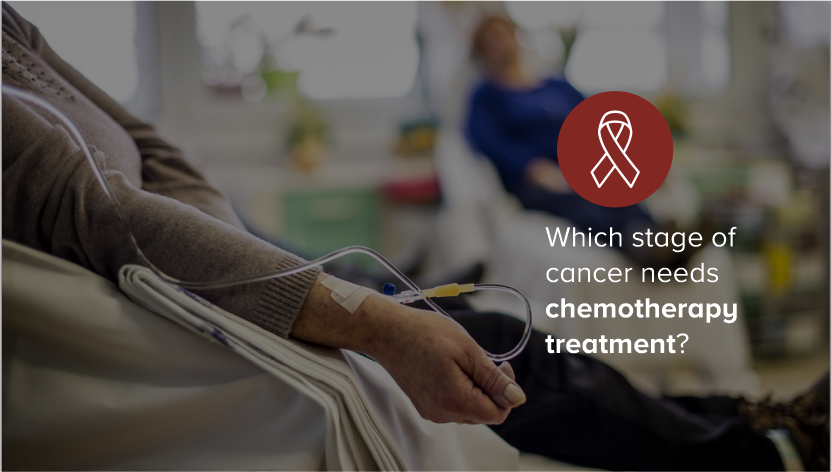When it comes to cancer treatment, chemotherapy is one of the most common options. But which stage of cancer needs it? While each patient's case is unique, certain cancer stages are more likely to require chemotherapy. Understanding these stages can help patients make informed decisions about their treatment plans.
